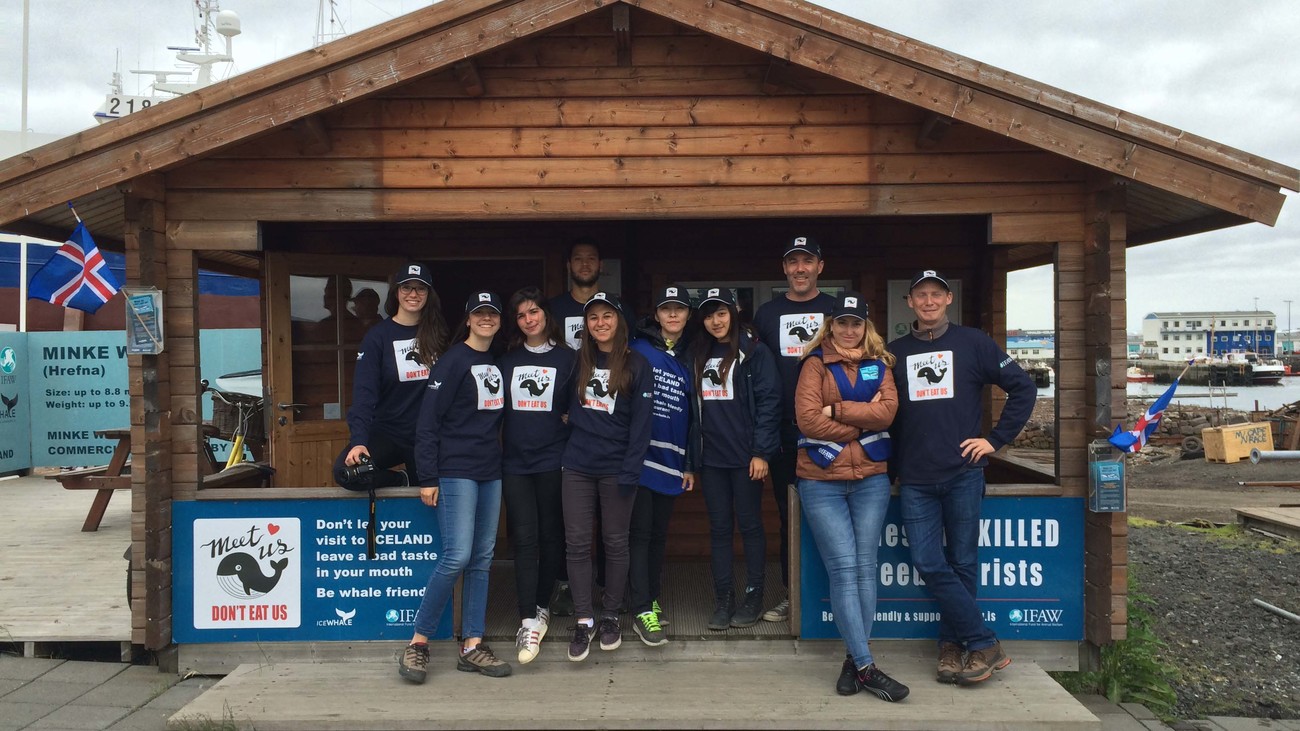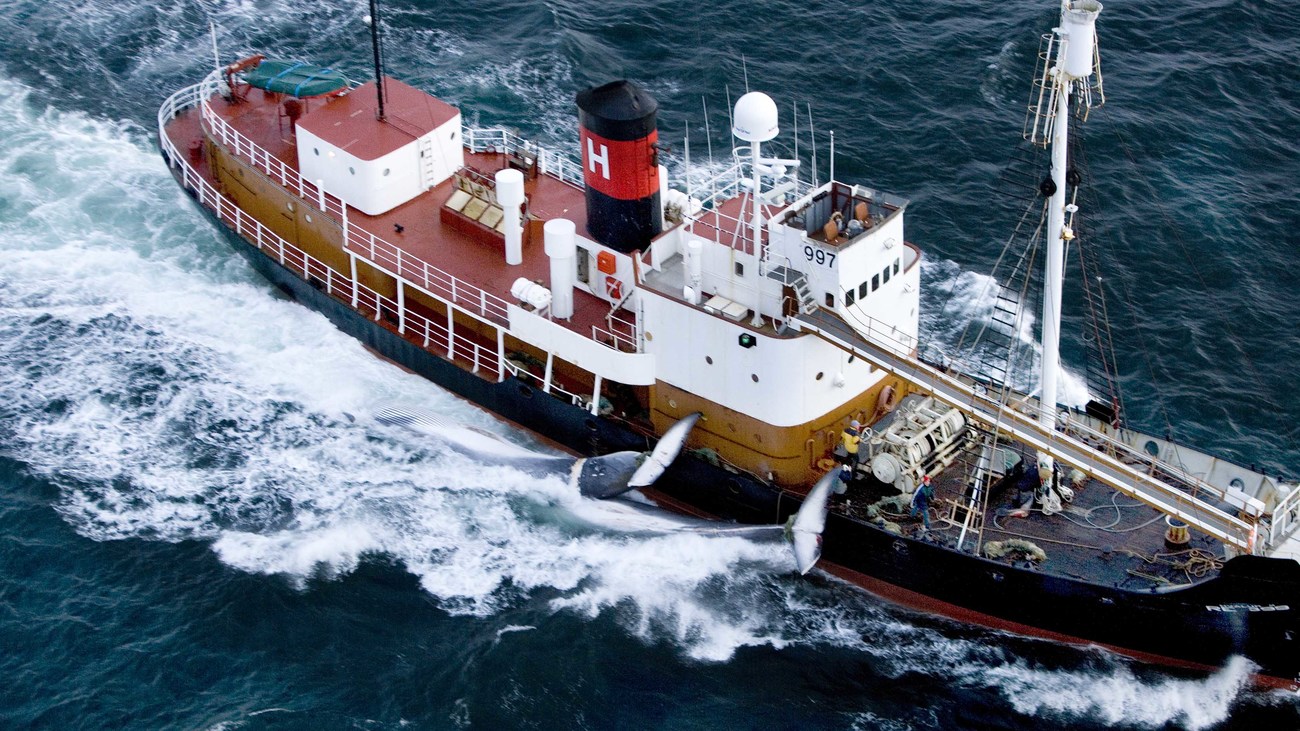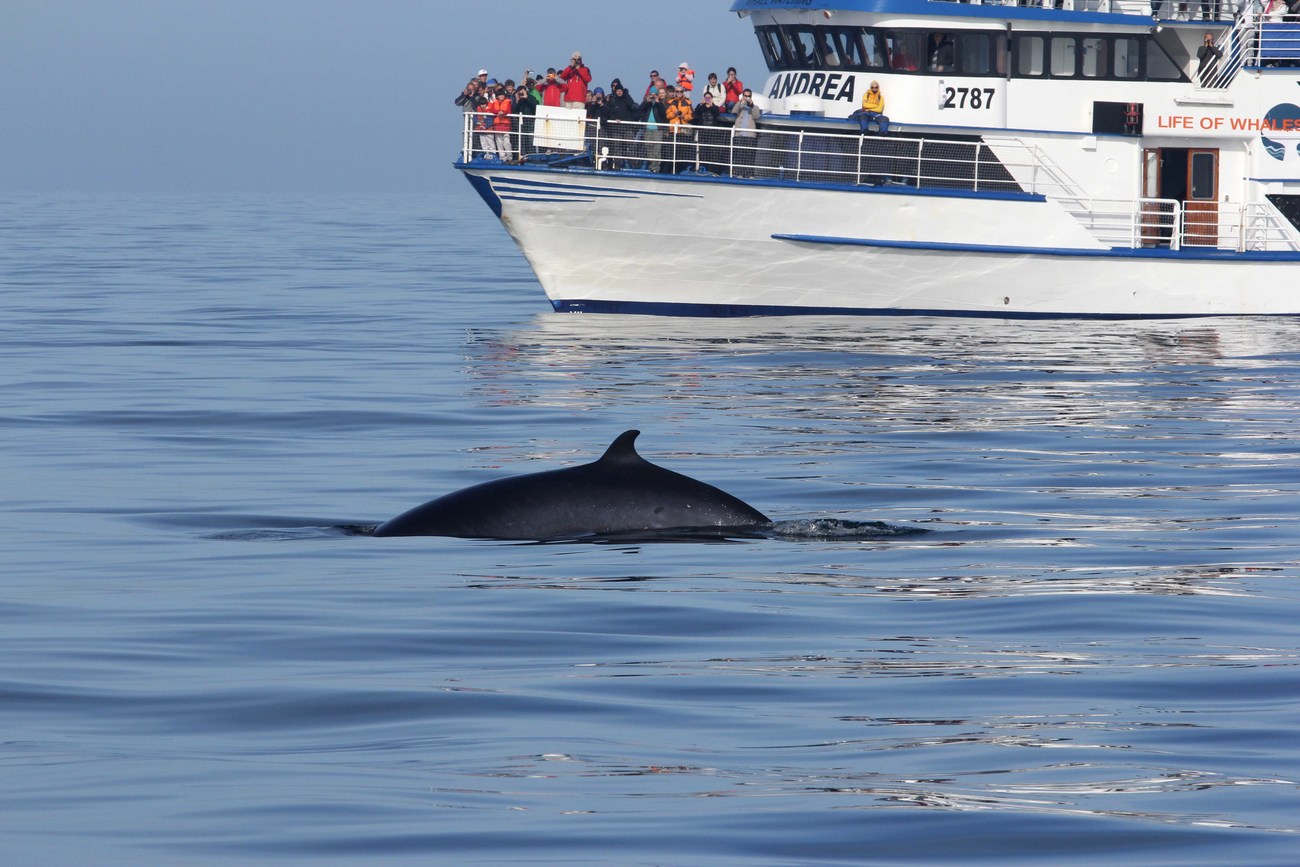Andreas Dinkelmeyer
Iceland ends commercial whaling: a win 20 years in the making
Iceland ends commercial whaling: a win 20 years in the making
Iceland calls for the end of whaling: a win 20 years in the making

“What are your plans for the weekend?“ IFAW’s Patrick Ramage asked me over the phone while I was just settling into my evening with the family.
I thought I had a relaxing weekend in front of me, but before I knew it, I was on a plane headed to Reykavik, Iceland. It was 2003 and IFAW was leading a campaign to end the so-called “scientific whaling” that took place every year off the coast of Iceland. On that first trip to Iceland, we were convinced that in two to three years this whaling would succumb to international pressure and be forced to stop.
How wrong we were and how much we have learned since then.

We quickly realized that things were not as straightforward and easy as they seemed. We started consulting and getting support from Icelanders. We learned that when asked “Are you ‘for or against’ whaling?" Icelanders heard, “Are you ‘for or against’ Iceland?” And of course, they were for their country (most of us would be.)
We adjusted our strategy and settled in for a longer campaign. Soon after my first trip to this fantastic country, I found myself in the auditorium of one of the Reykjavik schools where several politician’s children attended. I was a bit nervous, but luckily accompanied by my friend and colleague Sigursteinn Masson, who represented IFAW in Iceland for many years. After some introductory words in Icelandic, it was our turn. We did not talk about whaling at all but rather about the whales, how fascinating they are, and the biology and sentience of these wonderful creatures. We also talked about failures in animal welfare in our own countries. The sense of hostility I had sensed at the beginning in the auditorium faded away and in the end, we had a great discussion about whales and whaling. We tried to open minds and hearts while encouraging new perspectives, all while always avoiding the question if anyone was for or against whaling. We went on to eventually talk in 200 schools across Iceland.
As years went by, the tide changed and I was no longer considered a representative of a “terrorist organization”—the default status for all animal and nature NGOs first working in Iceland. We became an acceptable partner in negotiations. I think what really helped us alongside the talks in schools and colleges was the support of the UK, US and German Embassies that introduced us in the political sphere.

Turning the tide
While the already small Icelandic appetite for whale meat continued to dwindle, we encountered a new challenge in the fight to save whales: tourists visiting Iceland were led to believe that whale meat was an Icelandic specialty. Before we knew it, whale meat consumption was one the rise again—this time, due to tourists. Again, we had to adjust our campaign. We recruited interns from around the globe to help with our “Meet Us Don’t Eat Us” campaign, educating tourists about the consequences of whale meat consumption and asking them to go whale watching instead. Here we are, almost 20 years later, and the Icelandic Fisheries Minister has finally called for an end to commercial whaling. When I read about the announcement, I was ecstatic for Icelanders and my team who worked endlessly to make this dream a reality. But most of all, I was ecstatic for whales—the intelligent and remarkable creatures that call Icelandic waters their home.
Related content
Our work can’t get done without you. Please give what you can to help animals thrive.